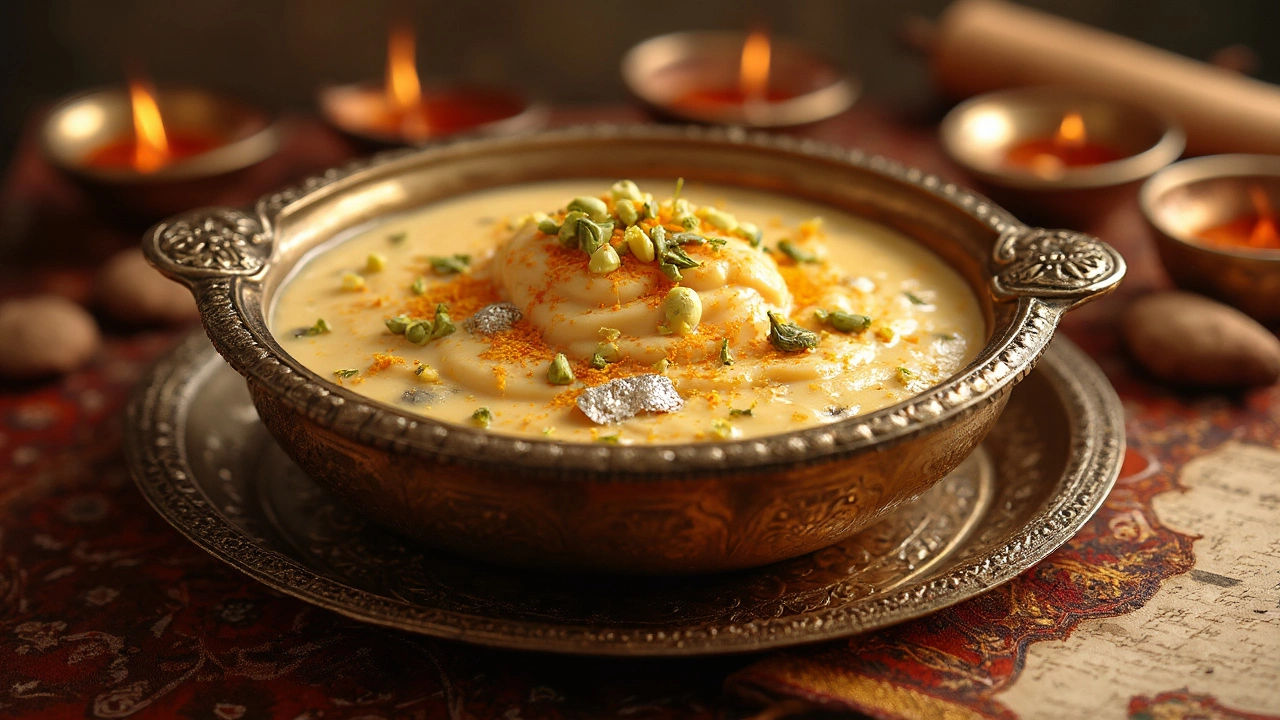Ancient Indian Recipes You Can Cook Today
Ever wonder why some Indian dishes taste like they’ve been around for centuries? The secret is simple – they’re built on old techniques, regional spices, and ingredients that have survived generations. In this guide we’ll break down a few classic recipes, give you practical steps, and show how to adapt them without losing the original soul.
Why These Recipes Still Matter
Ancient Indian food isn’t just history; it’s a roadmap to flavor. Many dishes were created to stretch limited resources, preserve food, or celebrate festivals. That’s why they use spices like cardamom, clove, and fennel – they act as natural preservatives and add depth. Knowing the why helps you respect the process and avoid shortcuts that ruin the taste.
Quick Starts: Two Must‑Try Classics
1. Murukku – A Crunchy Rice Flour Snack
Grab rice flour, urad dal flour, butter, and a pinch of asafoetida. Mix the flours with melted butter, add water until you get a thick dough, and pipe it into spirals on a hot oil pan. Fry until golden and let cool. The result is a light, airy bite that’s been enjoyed in South India for ages.
2. Kalakand – Soft Milk Sweet
Start with full‑fat milk and sugar. Simmer the milk on low heat, stirring constantly, until it reduces to half. Add sugar, keep stirring, then add a dash of cardamom powder. Pour into a greased tray, let it set, and cut into squares. This sweet was originally a temple offering and stays a favorite at celebrations.
Both recipes require patience, but the steps are straightforward. If you’re short on time, you can pre‑measure the flours for murukku or use a pressure cooker to speed up the milk reduction for kalakand.
Another tip: use locally sourced spices. Freshly ground cumin or coriander will give you a brighter flavor than old pre‑ground powder. A quick grind right before cooking makes a huge difference.
When you try these dishes, think about the context they came from. Murukku was a snack for travelers, easy to carry and stay fresh. Kalakand was a sweet that could be stored for weeks. Replicating that mindset – making food that lasts or travels well – can guide you to better results.
Ready to bring ancient flavors into your modern kitchen? Pick one recipe, gather fresh spices, and give yourself at least 30 minutes of focused cooking. You’ll be surprised how a few simple steps can unlock centuries of taste.
Oldest Indian Dessert: Unwrapping the History of Kheer
Curious about the oldest dessert in India? This article digs into the rich history and surprising origins of kheer, the timeless Indian sweet rice pudding. Discover what makes kheer unique, its journey across the centuries, and how it shaped Indian food culture. Plus, get helpful tips if you want to try making this iconic treat at home. Explore interesting facts that connect kheer to ancient festivals, rituals, and royal kitchens.
